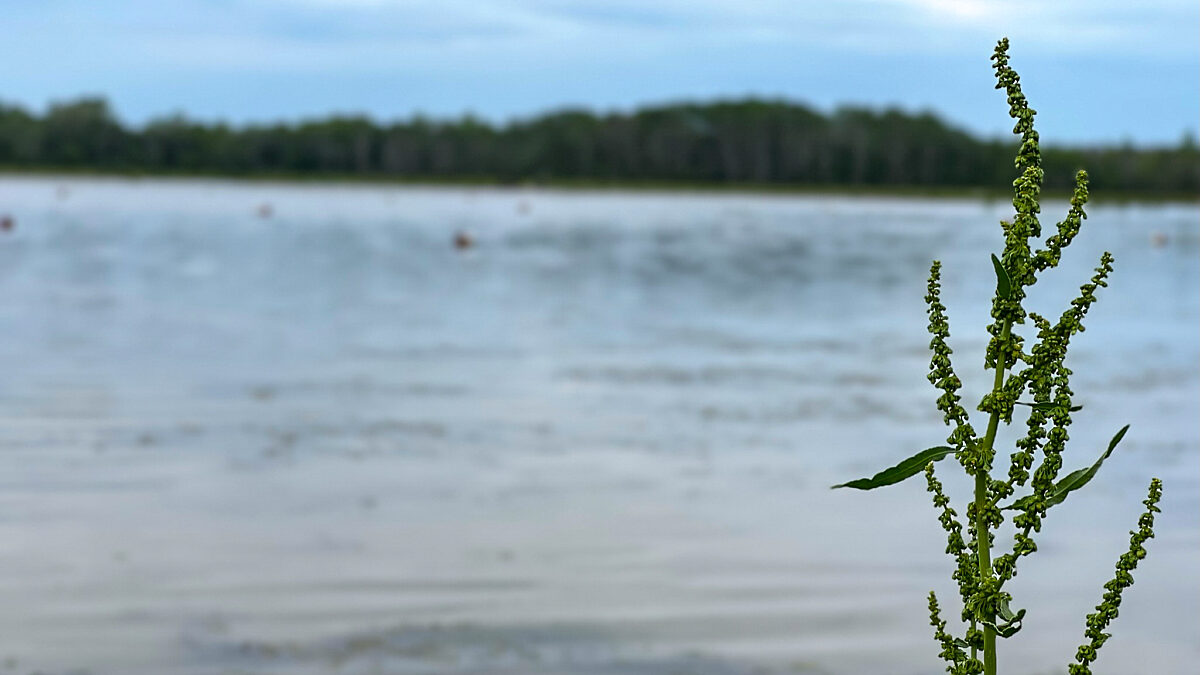Let 's Discuss Water Honestly
Guest Author
Special Contributor to FB.org

photo credit: AFBF Photo, Mike Tomko
Guest Author
Special Contributor to FB.org
California farmers are innovative, productive, knowledgeable – and now, a target for editorial writers, public policy think tanks, professors and talk-radio demagogues all around the country. Why? For daring to use water to grow food during the California drought.
Even though the drought has been hammering farmers for four years, many people – including many Californians – really started taking notice on April 1, when Gov. Jerry Brown imposed 25 percent water reductions on cities and towns. There was no similar requirement for agriculture, as the governor explained, because farmers have already endured significant, mandatory water cuts. Those cuts have rippled across rural California – land idled, people thrown out of work, communities suffering.
But criticism of California farms came fast and furious. A lot has been written about how farmers insist on growing "water guzzling" crops. Almonds, alfalfa and rice seem to be singled out most often.
Vitriolic and discouraging as the criticism has been, it has at least gotten people around the country thinking again about California 's outdated water system and the way water is used. Farmers welcome that discussion. But let 's have an honest discussion.
That discussion can 't be honest unless it accounts for all the water used. That means discarding the old bromide, "Agriculture uses 80 percent of California 's water." It 's a dishonest representation, intended to incite discontent.
An honest discussion of California water use would include the significant proportion dedicated to environmental purposes. State officials agree that in an average year, 50 percent of surface water from rain and snow goes to environmental purposes, 40 percent toward growing food and farm products, and 10 percent for urban needs. These numbers will vary in any particular year, but correctly managed and stored, there 's plenty of water to meet all needs, even during extended drought.
As a farmer, I can account for how much food I produce with the water I have: the amount of "crop per drop." Municipal water managers can also account for the water they provide to their customers. But those who "manage" environmental water have no such ability or requirement to account for the effectiveness of those flows.
Regardless of the figure we assign to agricultural water use, the real point is that farmers devote water to growing food. Food and water are the most fundamental needs of society, upon which the rest of the economy is built.
That leads us to a second statistic being used as a weapon these days: "Agriculture accounts for only 2 percent of the gross state product." This one is usually coupled with the "80 percent" figure to allow for a double-damning of agricultural water use.
When pundits or professors throw that stat around, they don 't say what sector of the economy would be more deserving of the water. What is a more important use of water than growing food? Not "more valuable," in terms of dollars and cents; by that measure, every major-league professional athlete is more valuable to society than every kindergarten teacher. No, what 's more important?
There are few industries that are truly essential to maintain life. Agriculture is one of them. There are few if any places in the world with the combination of climate, soil, water and know-how needed to grow food with the efficiency, care and stewardship that occur in California.
Any discussion of water also has to include how we add to the existing supply through new storage, more recycling, more desalination.
It 's time to start having that honest discussion about how to address California 's water problems.
Paul Wenger is president of the California Farm Bureau Federation.
Trending Topics
VIEW ALL